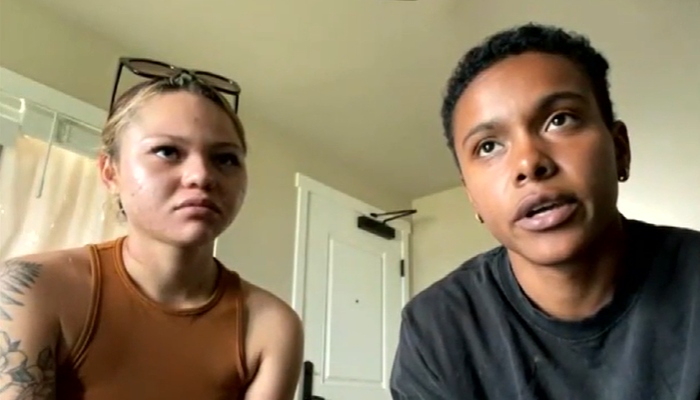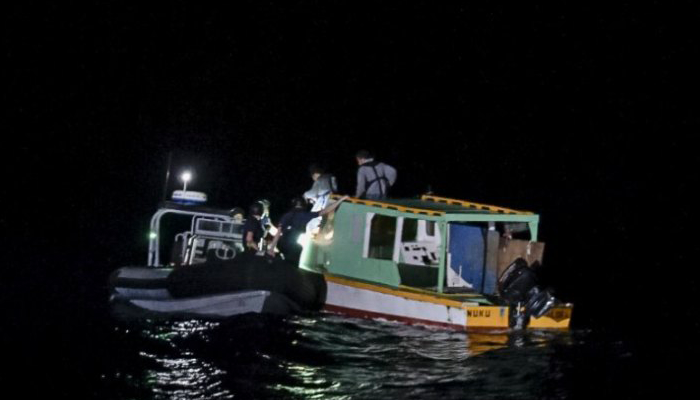The severe internal injuries suffered by a 72‑year‑old man, after being punched from behind and repeatedly kicked while lying on the ground, have resulted in his attacker receiving a three‑year suspended jail sentence.
Lopeti Lyden Poʻuli, 19, was sentenced in the Supreme Court of Tonga, where Justice P. Tupou KC condemned the assault as “culturally intolerable and inhumane,” describing it as a serious act of vengeful aggression.
The court heard that Poʻuli and the victim, Sione Havea Fanua, had been drinking with others at the Mohetaha Kava Club on the night of 14 December 2025.
According to the Supreme Court, what began as a playful and friendly exchange of teasing remarks among drinkers at the club ended with the elderly man being hospitalised.
A verbal disagreement escalated, and the elderly man left the club.
While walking near the Water Board and Governor’s Office, Fanua was struck from behind by Poʻuli, who then punched him again, causing him to fall. As the elderly man lay helpless on the ground, Poʻuli kicked him repeatedly in the abdomen until he lost consciousness.
A security officer from Halaevalu Wharf found the injured man and alerted police. Fanua suffered internal bleeding to the liver and other organs and was hospitalised.
Crown argued seriousness of violence
Prosecutors highlighted several aggravating factors, including the unprovoked nature of the attack, the defendant pursuing the victim as he walked away, and the victim’s advanced age, which made him especially vulnerable.
The Crown proposed a starting point of five years’ imprisonment, reduced to four years after mitigation.
Justice Tupou described the assault as an example of dangerous, alcohol‑fuelled violence.
“For a 19‑year‑old to attack an unarmed, unaware 72‑year‑old man from behind and continue to attack him while on the ground helpless…is culturally intolerable and inhumane,” he said in his sentencing remarks.
The judge set a starting point of four years’ imprisonment, citing public interest in denouncing such behaviour.
Sentence reduced and fully suspended
Although Poʻuli denied the allegations during trial, he later expressed remorse in the pre‑sentence report. He also had no previous convictions and had apologised to the victim before trial.
Taking into account his youth, clean record, cooperation with authorities, and the victim’s recovery, the judge deducted 18 months from the starting point. The resulting 2½ years’ imprisonment was then fully suspended for three years, subject to strict conditions.
As part of his sentence, Poʻuli is required to complete 180 hours of community service in Vavaʻu, follow all directions issued by the Magistrate Court regarding that service, and refrain from committing any offence punishable by imprisonment.
He has also been placed on probation and must undertake an alcohol, drug awareness, and anger‑management programme, if available. The judge warned that any breach of these conditions could result in Poʻuli being ordered to serve the full prison term.
In closing, Justice Tupou urged the young man to change the direction of his life.
“The court hopes you will use the opportunity and leniency you receive today to change the course of your life for the better.”



